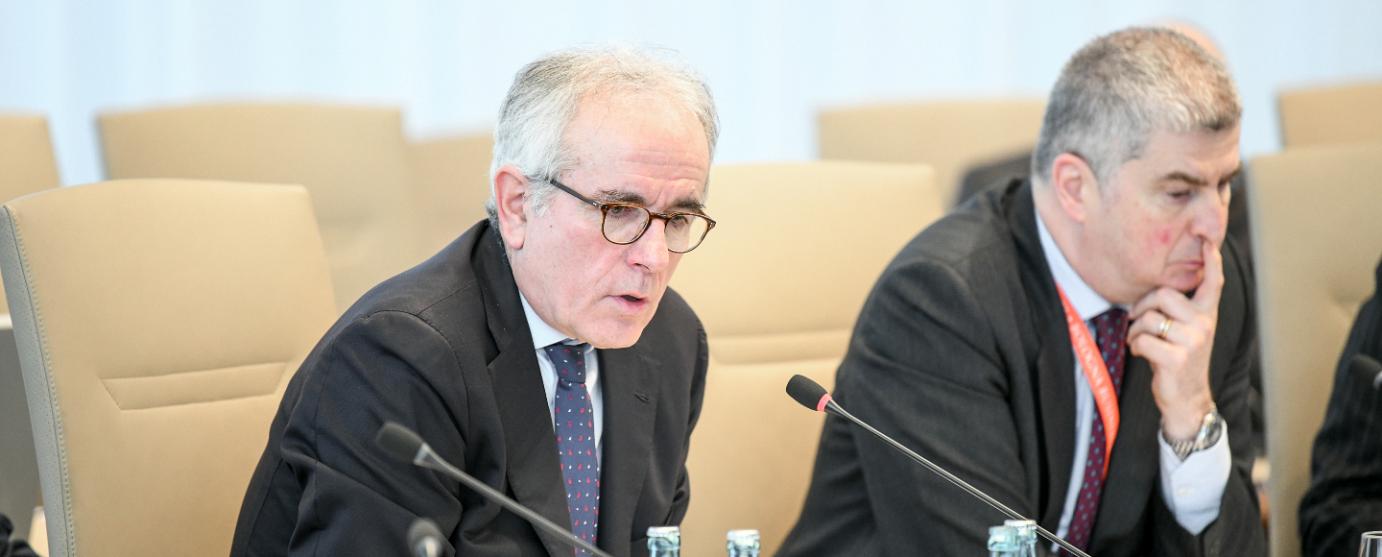
Alessandro Merli will be the discussant of the fourth appointment with the Global Economy Lectures, dedicated to the new rules of finance ten years after the global financial crisis and that of the euro area, and to the current and prospect situation of the European and Italian banks. Guest of the event will be Ignazio Angeloni, member of the Supervisory Board at the European Central Bank.
“Everything has changed, but much remains to be understood. Ten years after the financial crisis, the challenges for the banks remain pressing,” affirms Ignazio Angeloni.
A decade has already passed since the bankruptcy of Lehman Brothers and the most serious global financial crisis since the 1930s and almost a decade since the outbreak of the euro area crisis, which has exposed the link between the vulnerabilities of member countries and banks.
Today it is possible to state that the underlying causes of the crises have been partly addressed and managed. Banks have much higher capital levels than the loan portfolio, the criteria for granting credit have become stricter, asset prices have recovered. In Europe, the single supervision of eurozone banks and a resolution system for institutions in crisis were created.
Much has been done, but it is not enough. For example, there is still a long way to go to complete the banking union. Italian banks in particular are often in the spotlight of the markets, also due to the bond with Italy’s sovereign debt.
In the near future, there are also the challenges posed by the entry into the sector of new players, such as fintech companies and internet giants.
Ignazio Angeloni was one of the protagonists of the construction of the banking union in the eurozone. After the decision of the European governments, it was chosen by the president of the ECB, Mario Draghi, to coordinate the preparation of the central bank for the task of single supervision. From March 2014 to March 2019, he was a member of the ECB’s Supervisory Board. From next September he will be a senior fellow at the Harvard Kennedy School. Previously he was, among other things, general director for financial stability of the ECB, director for international financial relations at the Ministry of Economy and Finance, deputy general director of research at the ECB. He holds a PhD in Economics from the University of Pennsylvania.
In order to participate in the event, registration is required.

